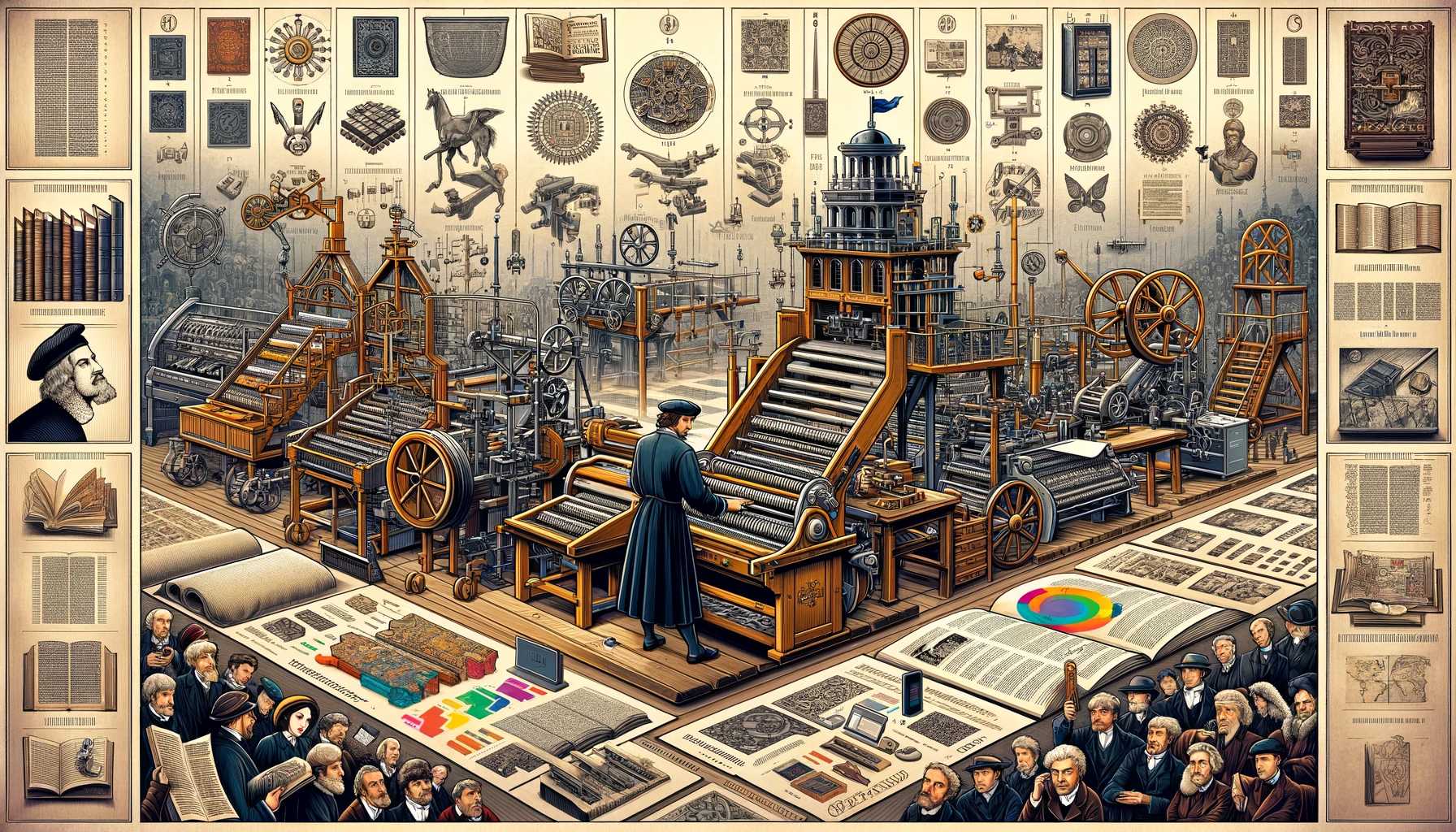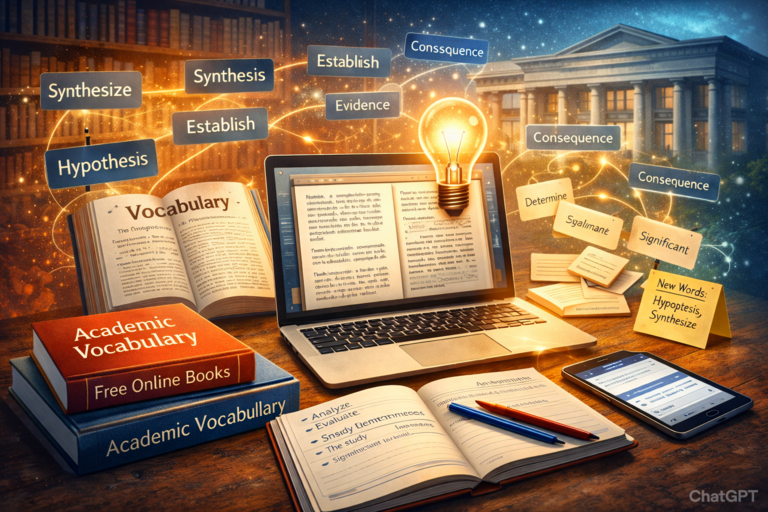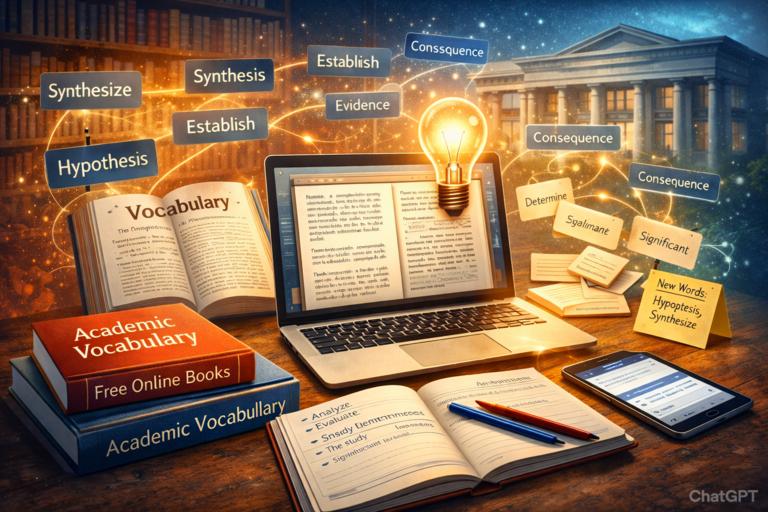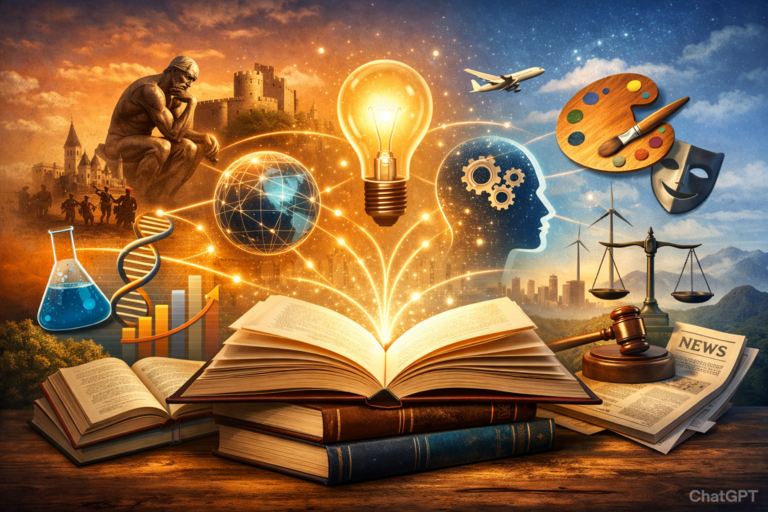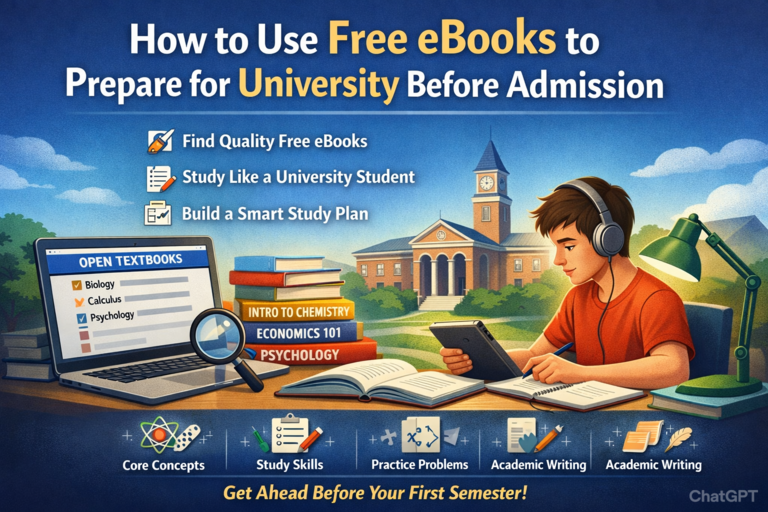THE EVOLUTION OF THE PRINTING PRESS AND ITS IMPACT ON THE SPREAD OF KNOWLEDGE
The invention of the printing press had a huge impact on education and society in general. Before the printing press, books were rare and expensive, and only the wealthiest people could afford to buy them. But after the printing press was invested, books became much more accessible, and literacy rates began to increase. The printing press allows information to be shared more widely and quickly, which was definitely a positive thing. But it also have some negative.
Printing press machine by which text and images are transferred from movable type to paper by means of ink. Movable type and paper were invented in China, and the oldest known extant book printed from a movable print was created in Korea in the 14th century.
History of Printing Press
The history of print runs hand-in-hand with the history of civilization. It’s the important part of our development as a species and has proved to be a key contributor in spreading education across the globe.
We have striven for new and inventive ways to speed up and mechanize the print process for roughly 1,400 years, from the creation of woodcut print to the modern-day techniques of digital printing.
Printing was first mechanized in Europe during the 15th century, the first printing press was invented by Johannes Gutenberg’s in the mid-1400s. Gutenberg’s press used movable type, wish allowed for the mass production of books. Prior to this, books were copied by hand, which was a very slow and expensive process. The printing press revolutionized the way books were made, and it led to a dramatic increase in the number of books that were published.
The Impact of Printing Press
One of the biggest effect of printing press was the democratization of knowledge. Before the printing press, only a small number of people had access to books and information. But after the printing, press anyone could again access to knowledge.
The printing press allows scientific ideas to spread more widely, which led to people being able to participate in scientific research. This led to a drastic increase in the rate of scientific progress. For example Nicolaus Copernicus’s book, ‘On the Revolutions of the Heavenly Spheres’, helped to inspire a revolution in scientific thought. Scientific knowledge was often spread through word of mouth or in books that were only available to small group of people. But the printing press scientist were able to share their findings with a much wider audience. This lead to a more rigorous and systematic approach to science.
The scientific method not only led to more scientific discoveries, but it also led to more skeptical and questioning attitude towards knowledge in general. People began to question traditional ideas and beliefs, which led to the development of the Enlightenment and the Age of reason.
Printing press impacted the literacy rate, before the printing press, literacy was mostly limited to religious and government official. But as books became cheaper and more widely available, more people began to explore in knowledge, learning became easy both in reading and writing. This led to a more educated population and a more educated workforce.
Printing press impacted on literature, before the printing press, there is no such thing as ‘best-selling author’. The rise of novels, most books were told orally or in poems. But with the printing press, authors were able to write longer stories and reach wider audience. For example, authors like, Miguel de Cervantes and Williams Shakespeare became famous through their books.
The printing press also led to the rise and popularity of Newspapers. Before the printing press news were mostly spread by word of mouth. But after the printing press, newspapers were able to reach a much wider range of audience. This led to a more informed public and helped to shaped public opinion.
The printing press definitely had a huge impact on the development of modern democracy. For example, the American Revolution was fueled in part by the spread of ideas through newspapers and pamphlets. The colonist were able to learn about and discuss ideas like ‘liberty’ and ‘freedom’ that eventually led to the revolution.

